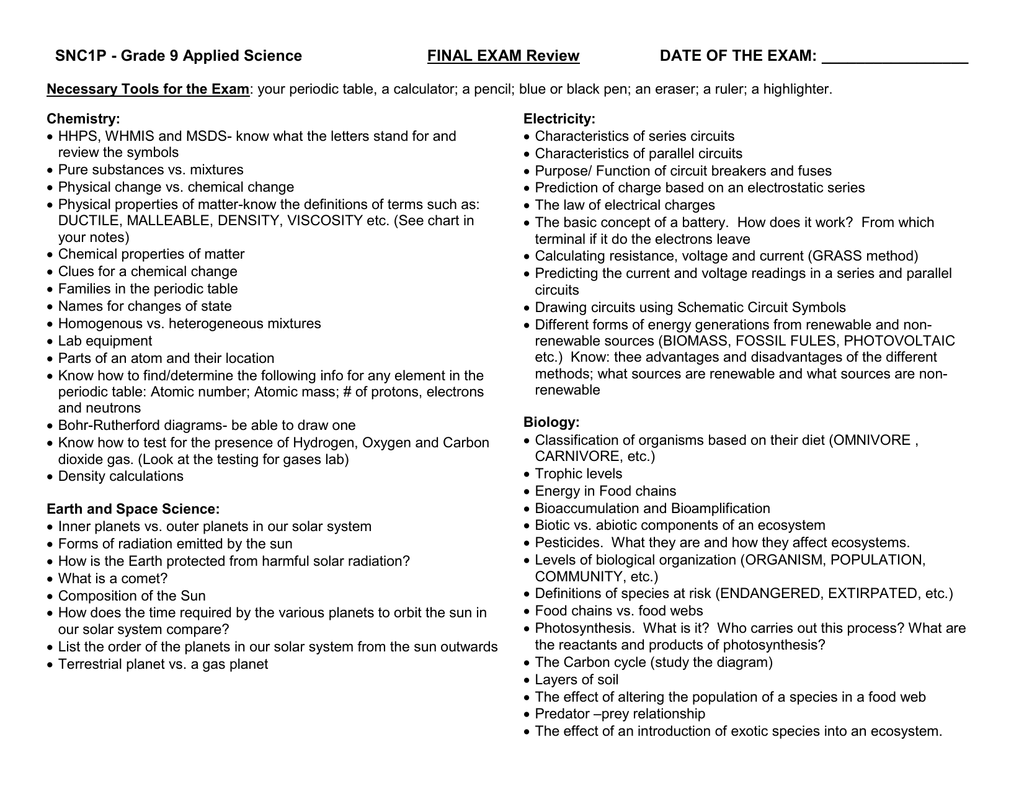IX.
UctoX 2 - Manu al Pozn amka: Ve sker a gra ka (otisky obrazovky a ikony) jsou z UctoX v2.0, OS X 10.10 a iOS 8 - program tedy m u ze na Va sem za r zen vypadat trochu odli sn e. 2 Corinthians 12:9. And he said unto me Either by what the Jews call (lwq) (tb), 'Bath Kol', a voice from heaven, an articulate audible one; or by some extraordinary revelation of the Spirit of God; or by a divine impression upon his mind; whereby he was assured of what follows,my grace is sufficient for thee; the Lord always hears and answers his people sooner or later, in one form. Romans 12:2 Commentary. Romans 12:3-6 Commentary. Romans 12:7-9 Commentary. Romans 12:10-13 Commentary. Romans 12:10-13 Commentary. Romans 12:14-17 Commentary. Romans 12:18-21 Commentary. Romans 13:1-2 Commentary. Romans 13:3-4 Commentary. Romans 13:5-7 Commentary. Romans 13:8-9 Commentary. Romans 13:10-11 Commentary. Romans 13:12 Commentary. Romans 12:2 Commentary. Romans 12:3-6 Commentary. Romans 12:7-9 Commentary. Romans 12:10-13 Commentary. Romans 12:10-13 Commentary. Romans 12:14-17 Commentary. Romans 12:18-21 Commentary. Romans 13:1-2 Commentary. Romans 13:3-4 Commentary. Romans 13:5-7 Commentary. Romans 13:8-9 Commentary. Romans 13:10-11 Commentary. Romans 13:12 Commentary.
(1) Here, again, the order of the facts narrated varies so much in the three Gospels that the labours of the harmonist are baffled.
ST. MATTHEW.
ST. MARK.
ST. LUKE.
(1.) The Paralytic, Matthew 9:1-8.
Mark 2:1-12.
Luke 5:18-26.
(2.) The call of Matthew, &c., Matthew 9:9-17.
Toontrack superior drummer 2 v2 4 1 update download free. Mark 2:13-22.
Luke 5:27-39.
(3.) Jairus, and the woman with an issue of blood, Matthew 9:18-26.
Mark 5:21-43.
Luke 8:41-56.
(4.) The two blind, Matthew 9:27-31.
—
—
(5.) The dumb, Matthew 9:32-34.
—
Luke 11:14.
It will be seen that (1) and (2) are grouped together in all three, as are the two events in (3), but beyond this we cannot trace any systematic order, and the apparent notes of sequence are so far misleading. In this case. St. Matthew makes the return to Capernaum follow the healing of the Gadarene demoniacs. St. Mark and St. Luke place it after that of the leper, but as if they were uncertain as to its exact position, 'after certain days,' or 'on one of the days.'
It will be seen that (1) and (2) are grouped together in all threeIt will be seen that (1) and (2) are grouped together in all three, as are the two events in (3), but beyond this we cannot trace any systematic order, and the apparent notes of sequence are so far misleading. In this case. St. Matthew makes the return to Capernaum follow the healing of the Gadarene demoniacs. St. Mark and St. Luke place it after that of the leper, but as if they were uncertain as to its exact position, 'after certain days,' or 'on one of the days.'
Ship.—Better, boat.
Into his own city.—St. Mark states definitely Capernaum, which had become His 'own city' since His departure from Nazareth (Matthew 4:13). That city, though the home of His childhood, is never so described.
Matthew 9:1. He came into his own city — Namely, Capernaum. And they brought him a man sick of the palsy — The history of this miracle is related Mark 2:1-13, and Luke 5:18-26, with more circumstances than are here mentioned by Matthew, which passages the reader is therefore desired to consult, for the further elucidation of what is here recorded.

A title of tenderness and condescension, be of good cheer; thy sins be forgiven thee — By this Jesus intimated, both to the paralytic and to those who brought him, 1st, that sin is the source of all our evils; 2dly, that, sin being forgiven, bodily distempers can do us no real or lasting harm; 3dly, that the primary end of his coming into the world was to save his people from their sins; 4thly, that remission of sins is the never-failing consequence of faith in Christ. Perhaps, however, Christ might speak thus, partly with a view to give the scribes and Pharisees occasion of some discourse. 9:1-8 The faith of the friends of the paralytic in bringing him to Christ, was a strong faith; they firmly believed that Jesus Christ both could and would heal him. A strong faith regards no obstacles in pressing after Christ. It was a humble faith; they brought him to attend on Christ. It was an active faith. Sin may be pardoned, yet the sickness not be removed; the sickness may be removed, yet the sin not pardoned: but if we have the comfort of peace with God, with the comfort of recovery from sickness, this makes the healing a mercy indeed. This is no encouragement to sin. If thou bring thy sins to Jesus Christ, as thy malady and misery to be cured of, and delivered from, it is well; but to come with them, as thy darlings and delight, thinking still to retain them and receive him, is a gross mistake, a miserable delusion. The great intention of the blessed Jesus in the redemption he wrought, is to separate our hearts from sin. Our Lord Jesus has perfect knowledge of all that we say within ourselves. There is a great deal of evil in sinful thoughts, which is very offensive to the Lord Jesus. Christ designed to show that his great errand to the world was, to save his people from their sins. He turned from disputing with the scribes, and spake healing to the sick man. Not only he had no more need to be carried upon his bed, but he had strength to carry it. God must be glorified in all the power that is given to do good.And he entered into a ship .. - Jesus acceded to the request of the people of Gadara Matthew 8:34, recrossed the Lake of Gennesareth, and returned to his own city. By 'his own city' is meant Capernaum Mark 2:1, the city which was at that time his home, or where he had his dwelling. See the notes at Matthew 4:13. This same account, with some additional circumstances, is contained in Mark 2:3-12, and Luke 5:18-26. CHAPTER 9
Mt 9:1-8. Healing of a Paralytic. ( = Mr 2:1-12; Lu 5:17-26).
This incident appears to follow next in order of time to the cure of the leper (Mt 8:1-4). For the exposition, see on [1239]Mr 2:1-12.Matthew 9:1-8 Christ cures one sick of the palsy,
Matthew 9:9 calleth Matthew from the receipt of custom,
Matthew 9:10-13 justifieth himself for eating with publicans and sinners,
Matthew 9:14-17 and his disciples for not fasting.
Matthew 9:18,19 is entreated by a ruler to go and heal his daughter,
Matthew 9:20-22 healeth by the way a woman of an inveterate issue of blood,
Matthew 9:23-26 raiseth to life the ruler's daughter,
Matthew 9:27-31 giveth sight to two blind men,
Matthew 9:32-35 healeth a dumb man possessed of a devil,
Matthew 9:36-38 hath compassion on the multitudes, and teacheth his
disciples to pray that God would send forth labourers
into his harvest.
Whether the same ship he came in or no it is not material: he
passed over the lake of Gennesaret,
and came into his own city; not Bethlehem, in which he was born, but either Nazareth, where he was brought up, or (which most judge) Capernaum, whither, leaving Nazareth, he went formerly to dwell, Matthew 4:13, whither he is said to have entered, Mark 2:1; this was upon the seacoast of Zebulun and Naphtali, Matthew 4:13.
passed over the sea of Tiberias again,
and came into his own city; not Bethlehem, where he was born, nor Nazareth, as Jerom thought, where he was educated, but Capernaum, as is clear from Mark 2:1 where he much dwelt, frequently conversed, and his disciples: here he paid tribute as an inhabitant, or citizen of the place, which he was entitled to by only dwelling in it twelve months, according to the Jewish canons; where it is asked (d),
'how long shall a man be in a city ere he is as the men of the city? It is answered, 'twelve months'; but if he purchases a dwelling house, he is as the men of the city immediately;'
that is, he is a citizen, and obliged to all charges and offices, as they are: though they seem to make a distinction between an inhabitant and a citizen (e).
'A man is not reckoned , 'as the children of the city', or as one of the citizens, in less than twelve months, but he may be called, or accounted, , 'as one of the inhabitants' of the city, if he stays there thirty days.'
Uctox 2 7 9 Commentary 1
One or other of these Christ had done, which denominated this city to be his, and he to be either an inhabitant, or a citizen of it.
(d) Misn. Bava Bathra, c. 1. sect. 5. (e) Gloss. in T. Bab. Sanhedrim, fol. 112. 1.
And he {1} entered into a ship, and passed over, and came into his {a} own city.(1) Sins are the cause of our afflictions, and Christ only forgives them if we believe.
Uctox 2 7 9 Commentary Bible Gateway
(a) Into Capernaum, for as Theophylact says, Bethlehem brought him forth, Nazareth brought him up, and Capernaum was his dwelling place.
